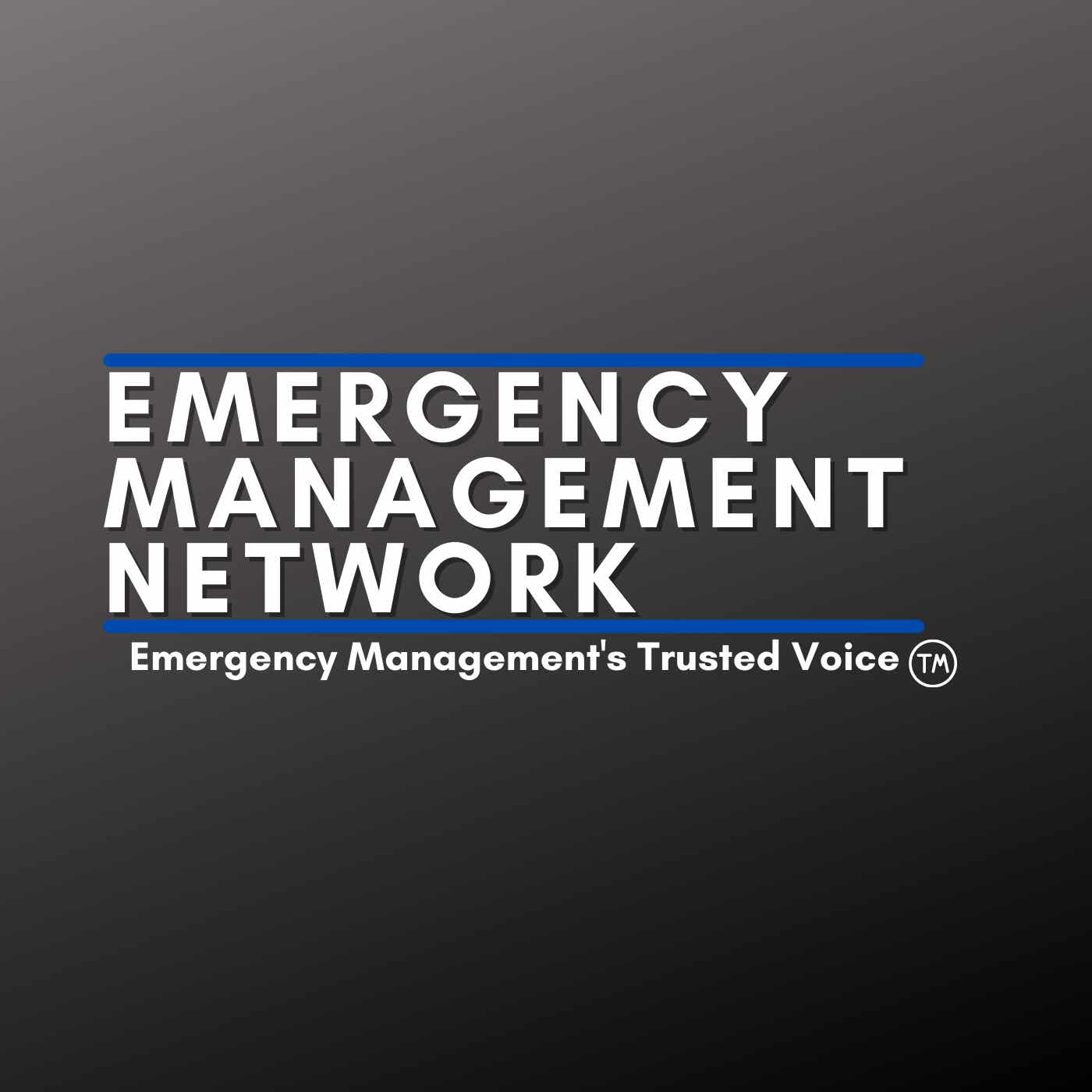The Hard Truths: Addressing Endemic Challenges in Emergency Management Hiring Practices
Description
In this ever-evolving world, our societies are constantly being tested by emergencies and crises that shake the foundations of our security, stability, and prosperity. In such turbulent times, the efficacy of our responses and actions reveals the robustness of our preparations and the depth of our understanding of emergencies. Yet, I fear the lessons we just witnessed in Hawaii will be repeated. Hawaii is a stark reminder of our vulnerabilities and the pressing need to introspect and reform the system. The perils of assigning unqualified or ill-prepared individuals to roles pivotal to Emergency Management (EM) can't be underscored enough.
I want to draw your attention to a profound, complex problem that looms over many jurisdictions within the United States. We need only turn our gaze to the disheartening situation in Hawaii to understand the deep gravity of the matter. The sentiment I bring to you is a stark one: many of our jurisdictions are, in essence, merely one catastrophe away from facing a fate similar to that of Hawaii.
In several jurisdictions, retired first responders or politically connected individuals are hired for emergency management roles who need more training in emergency management's labyrinthine, multifaceted role. Many view this job as an easy “retirement” job (full disclosure: I also came from the first responder world 20 years ago.) and find it more complicated than they thought.
While the experience of first responders is undeniably invaluable, and they possess critical skills honed from years on the front, there is an underlying concern. This hiring trend has sometimes overshadowed truly dedicated emergency managers who have dedicated their careers to mastering the nuances of emergency management and are genuine EM professionals.
Emergency management professionals bring unique competencies and a comprehensive understanding of the field.
These hiring practices of taking marginally qualified who may have EM-adjacent careers raise questions about the long-term impact on the quality and effectiveness of emergency management programs.
I have long held and will argue today, that we are doing a tremendous disservice to our residents as public servants. How so? By the two cardinal sins in emergency management: firstly, by hiring ill-prepared individuals for the vast responsibilities they shoulder, and secondly, by relegating emergency management to a position of collateral duty.
In this context, collateral means that emergency management, rather than being a solid fixture in administrative responsibilities, has been dispersed thinly in a piecemeal fashion, diluting its importance. It has become a mere afterthought or an additional duty rather than a core function. This is deeply problematic in disaster management, where the well-being and lives of our citizenry hang in the balance. For jurisdictions to take a half-hearted approach, believing this is the right solution for the community's needs, is outrageous.
The hiring of unqualified individuals to roles of vital importance compounds this issue. Emergency management is a specialized field requiring an in-depth understanding of risk assessment, disaster response, logistics, communication, project management and more. Appointing someone without the requisite skills, experience, or passion is akin to asking a novice to pilot a commercial airplane: the results can be catastrophic.
It is not my intent today to cast aspersions or point fingers but rather to implore each and every one of us to acknowledge this pressing issue and commit to actionable solutions. We must re-evaluate and restructure our approach to emergency management. This includes providing rigorous training, investing in specialized personnel, and ensuring that the importance of this function is recognized at every echelon of our administrative structures.
To do anything less is to leave our communities vulnerable, to stand unprepared on the precipice of potential disaster. T
More Episodes
In the fast-paced world of emergency management, staying ahead of potential threats during large-scale events like the Super Bowl is critical. Skyline Technology Solutions is at the forefront of this effort and a key player in integrating real-time video-sharing solutions that empower emergency...
Published 10/25/24
The IAEM Region 9 Presidential Candidates Forum brought together the candidates for the upcoming IAEM Region 9 presidency as they presented their platforms, shared their visions for the future of emergency management, and answered questions from the community. This interactive session provided a...
Published 10/12/24
Published 10/12/24


